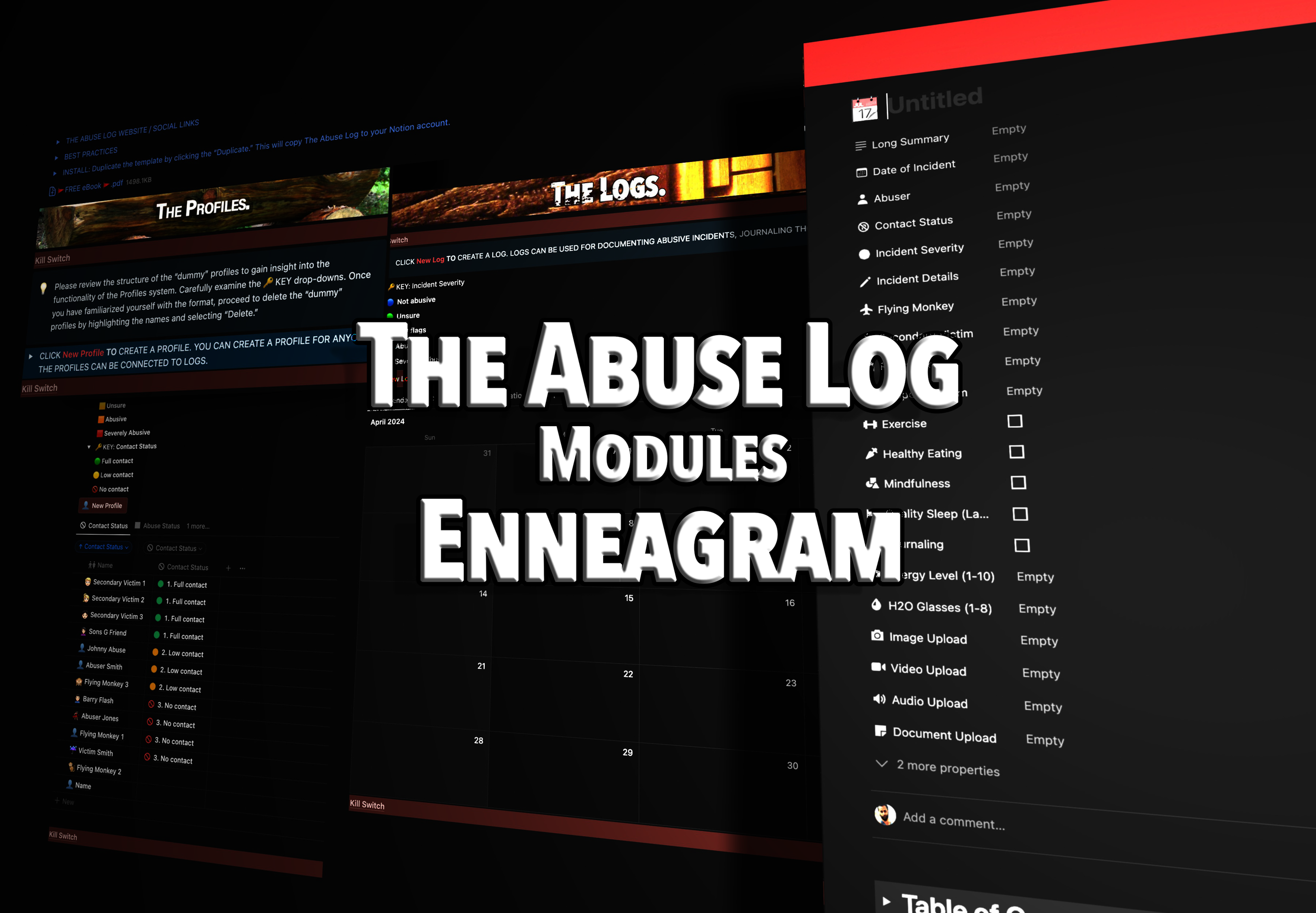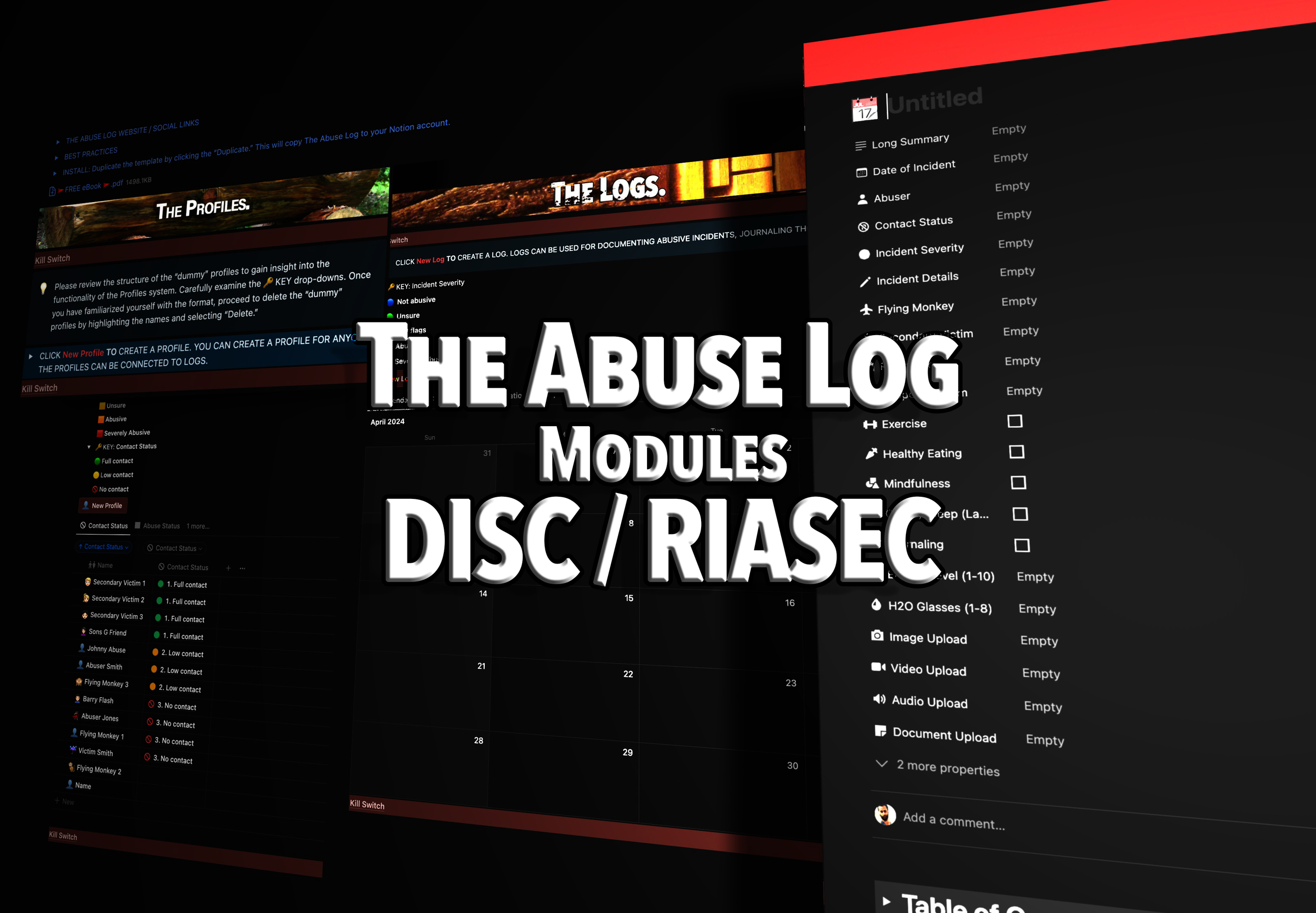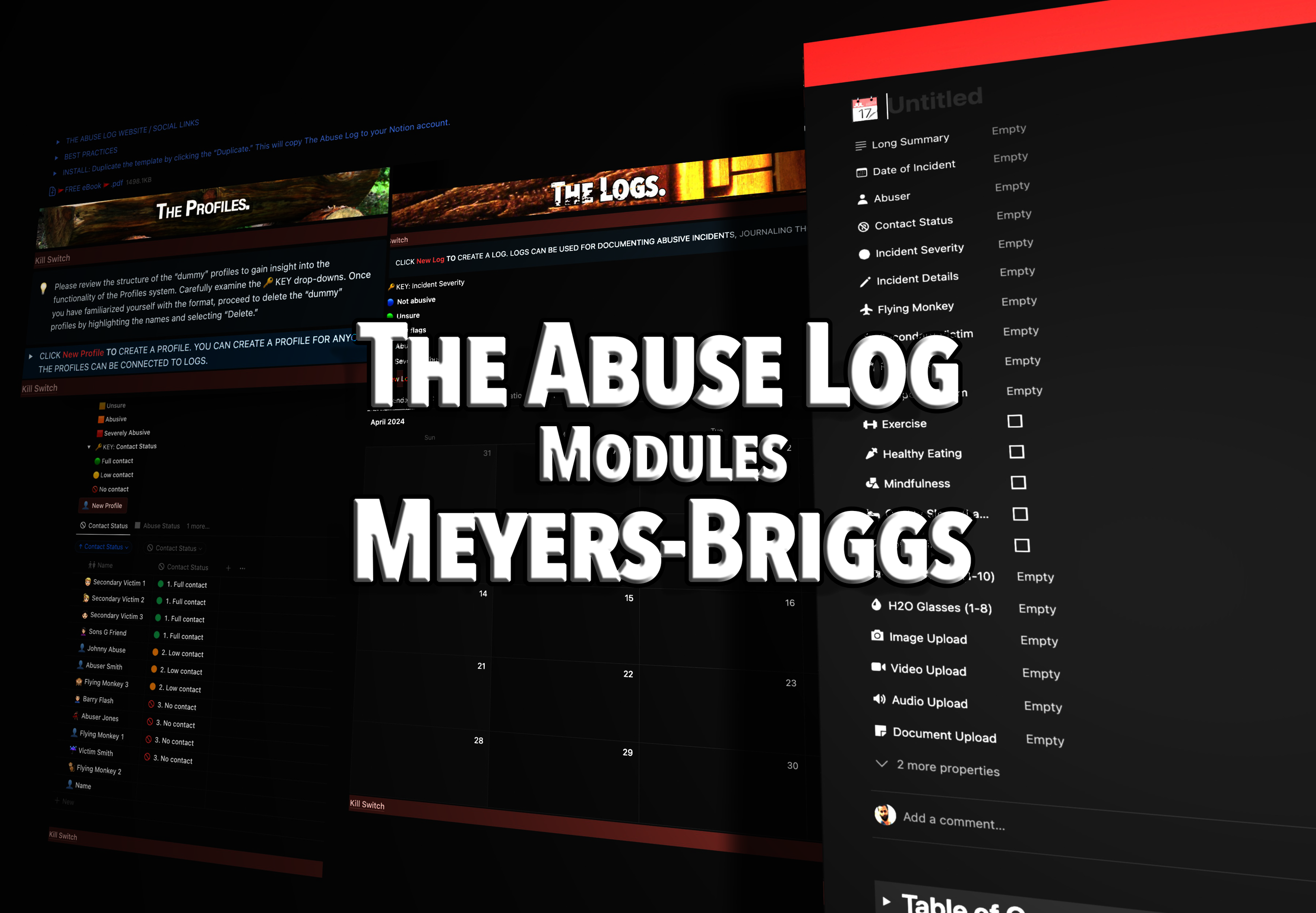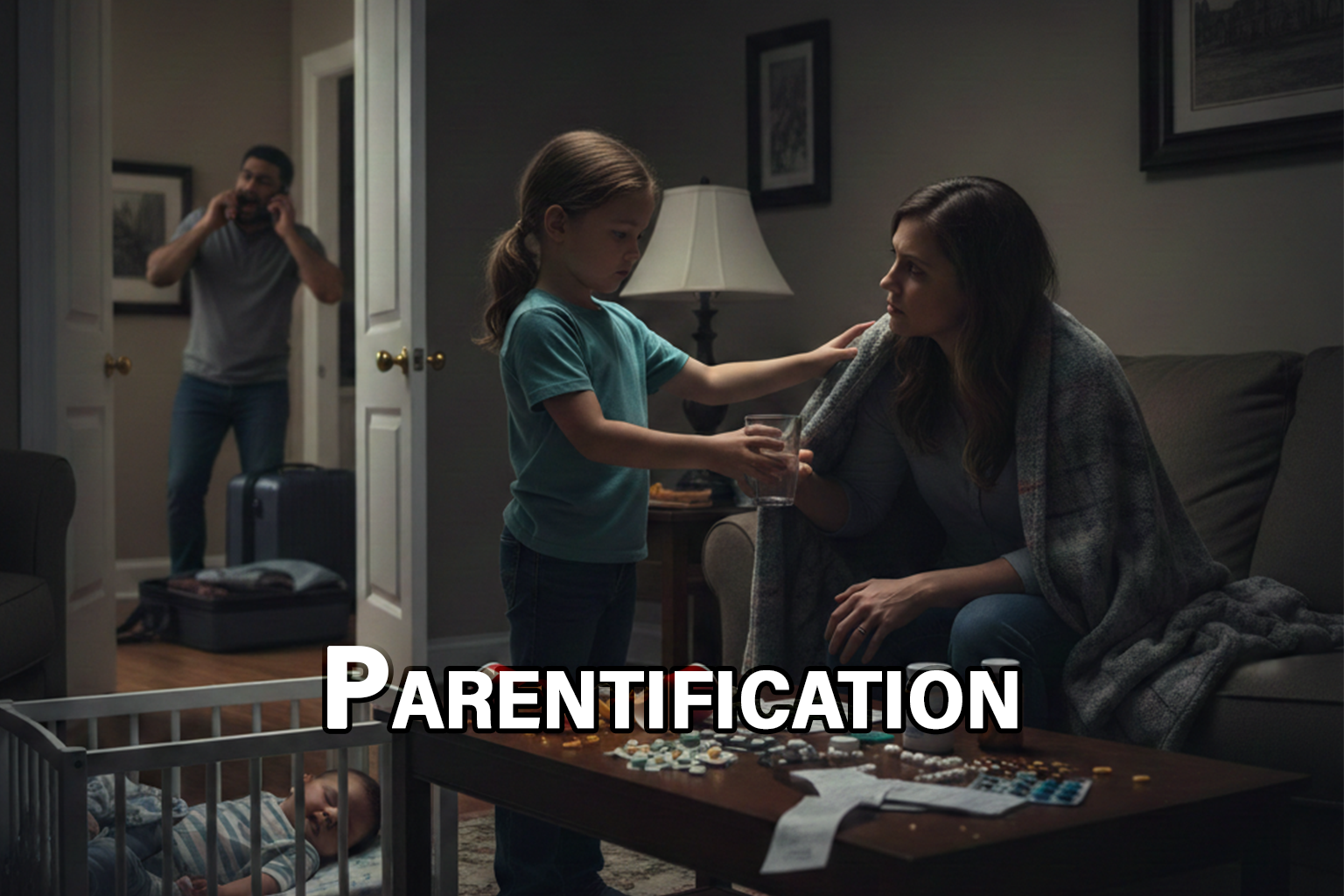The 'Magic Words' Standard in Family Court: Why Words Alone Aren't Enough in Custody Battles Involving Narcissistic Partners
When navigating the tumultuous waters of family court, especially in cases involving custody disputes or divorce with a narcissistic partner, the term 'magic words' often emerges. These 'magic words' refer to specific legal phrases or accusations—such as 'he is abusive' or 'she is alienating the child'—that can sway a courtroom if they are substantiated. However, it’s critical to understand that simply saying these words is not the same as proving them. Words, no matter how powerful, are not evidence on their own.
What Are 'Magic Words' and Why Do They Matter?
In family court, 'magic words' refer to terminology aligned with statutory criteria and judicial decision-making processes. Phrases like 'best interests of the child,' 'emotional abuse,' or 'parental alienation' carry weight because they trigger specific legal considerations. However, these phrases must be backed by credible evidence.
For example, claiming "he is abusive" without providing documented incidents, witness testimony, or professional evaluations reduces the claim to mere accusation. Courts require tangible proof—not just assertions—to make legally sound determinations.
The Pitfall of Unsupported Allegations
Narcissistic individuals often exploit the power of 'magic words' without providing sufficient evidence. They may claim:
"She’s alienating the child from me."
"He’s emotionally abusive."
These statements, while serious, are meaningless if they are not supported by documentation, credible witnesses, or professional evaluations.
Family court judges are trained to look beyond accusations. They rely on the standard of proof—such as 'preponderance of evidence' or 'clear and convincing evidence'—to make decisions. Words without supporting evidence often fall flat and can even backfire, damaging the accuser’s credibility.
The Role of Evidence in Supporting 'Magic Words'
To ensure that accusations or claims hold weight in court, they must be paired with evidence:
Documentation: Detailed logs of incidents, saved text messages, or emails.
Expert Testimony: Reports from therapists, psychologists, or social workers.
Third-Party Observations: Testimonies from teachers, family members, or neutral parties.
For example, instead of simply saying "He is abusive," a stronger presentation would include:
"There is clear and convincing evidence of emotional abuse, supported by documented patterns of demeaning text messages and a therapist's professional evaluation indicating emotional harm to the child."
The Danger of False Allegations and Weaponized Accusations
In high-conflict custody cases, unsupported allegations can have devastating consequences:
Loss of Credibility: A parent who makes repeated unsupported claims risks losing the court's trust.
Emotional Damage to the Child: False allegations can create confusion, anxiety, and emotional harm.
Legal Consequences: In some jurisdictions, knowingly making false accusations can result in sanctions.
This doesn’t mean valid claims shouldn’t be made—it means they must be presented responsibly, with evidence to back them up.
The Child’s Best Interests: The Ultimate Standard
Family court operates under the principle of the 'best interests of the child.' Unsupported claims—no matter how serious they sound—fail to meet this standard if they are not substantiated. Conversely, well-documented concerns presented with clarity and supported by evidence often carry significant weight.
Key Takeaways for Parents in High-Conflict Custody Battles
Words Alone Are Not Enough: Accusations must be paired with credible evidence.
Focus on Documentation: Keep detailed records of concerning behavior.
Seek Professional Support: Use therapists, counselors, and neutral third parties to validate concerns.
Avoid Overstating Claims: Exaggeration or unsupported allegations can undermine your case.
Stay Child-Focused: Always frame your concerns in terms of the child’s well-being.
Final Thoughts
In family court, 'magic words' can act as triggers for judicial consideration, but they are not shortcuts to justice. Accusations must transition into evidence-backed claims to have any meaningful impact. A well-documented case, rooted in facts rather than emotion, stands the best chance of protecting a child’s best interests and ensuring a fair outcome in court. In a system where every
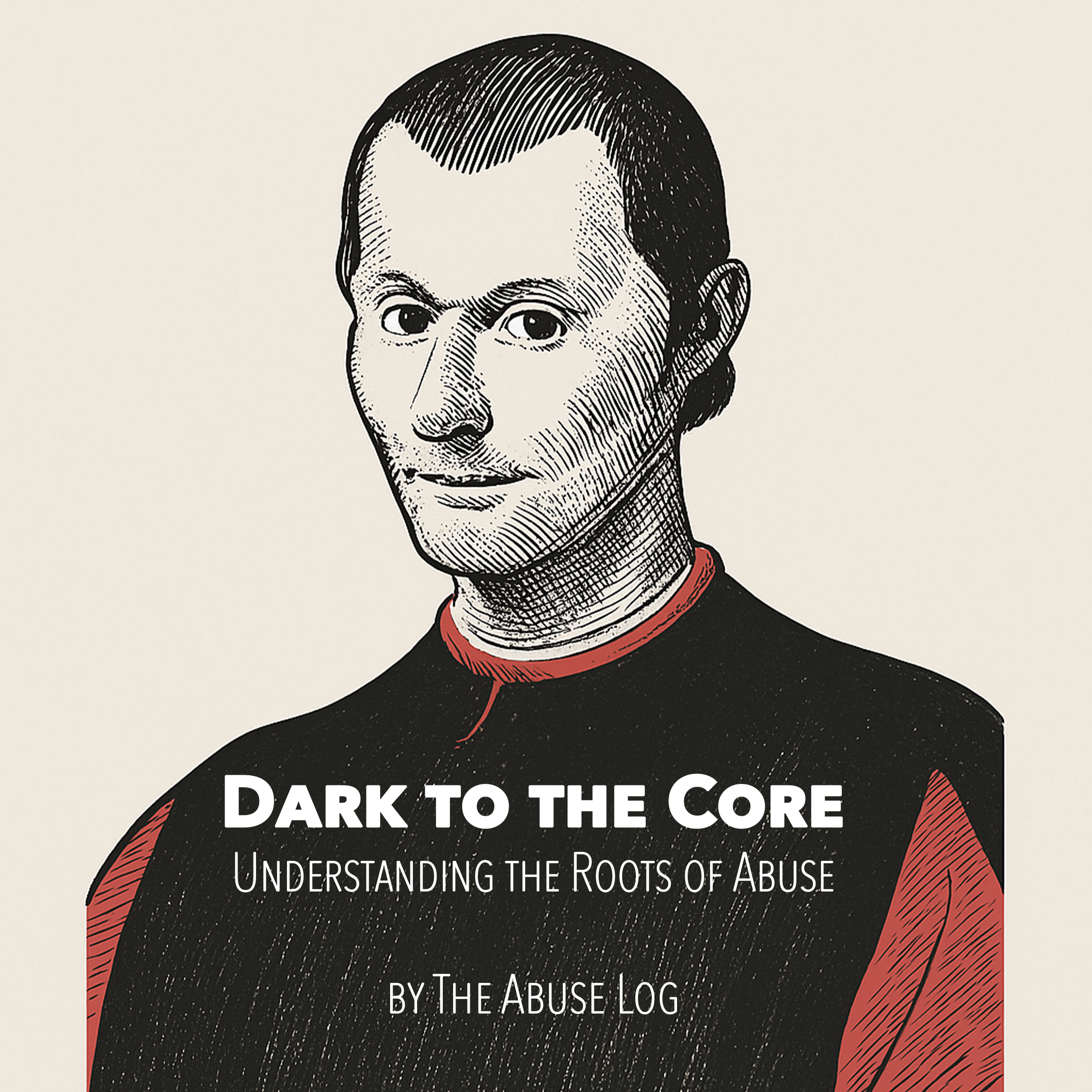


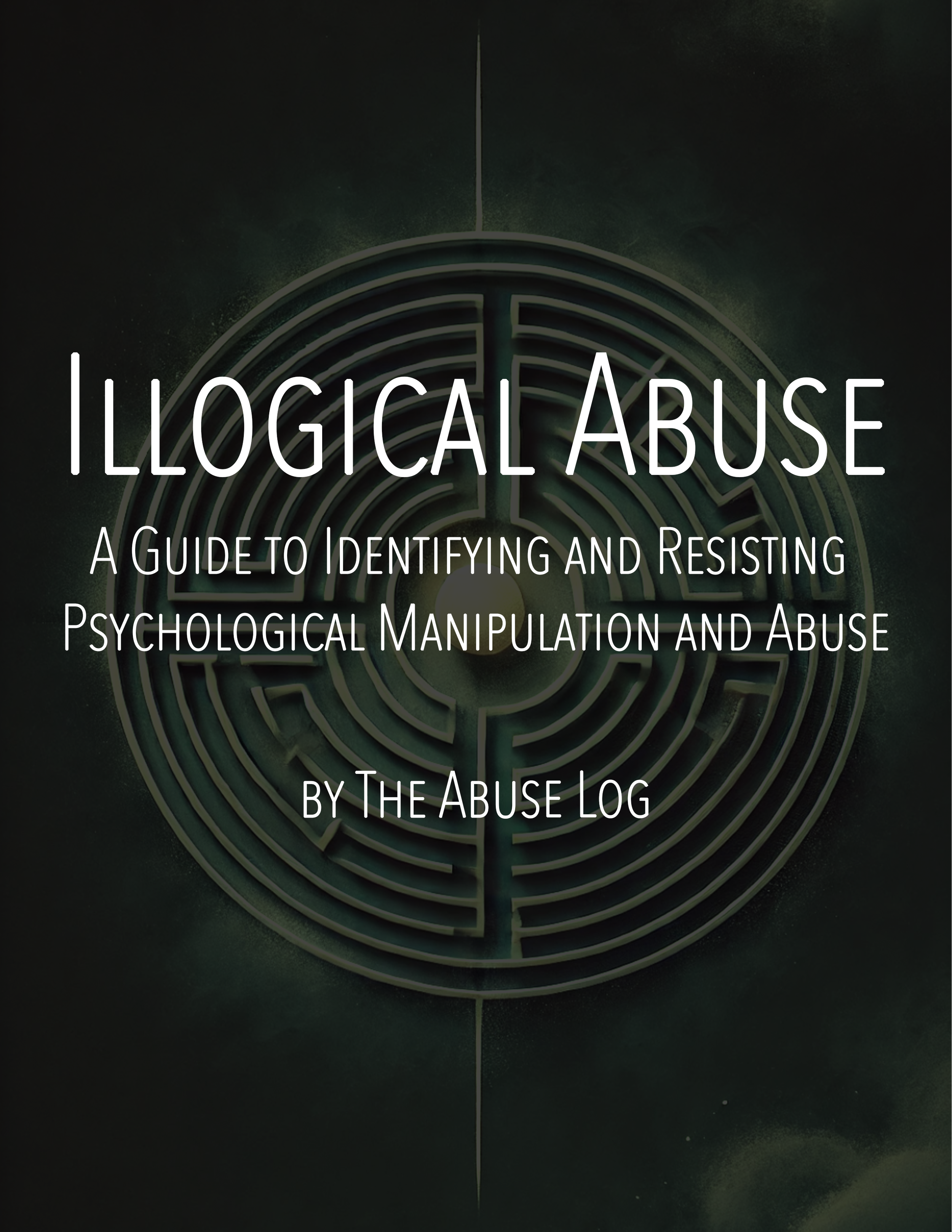

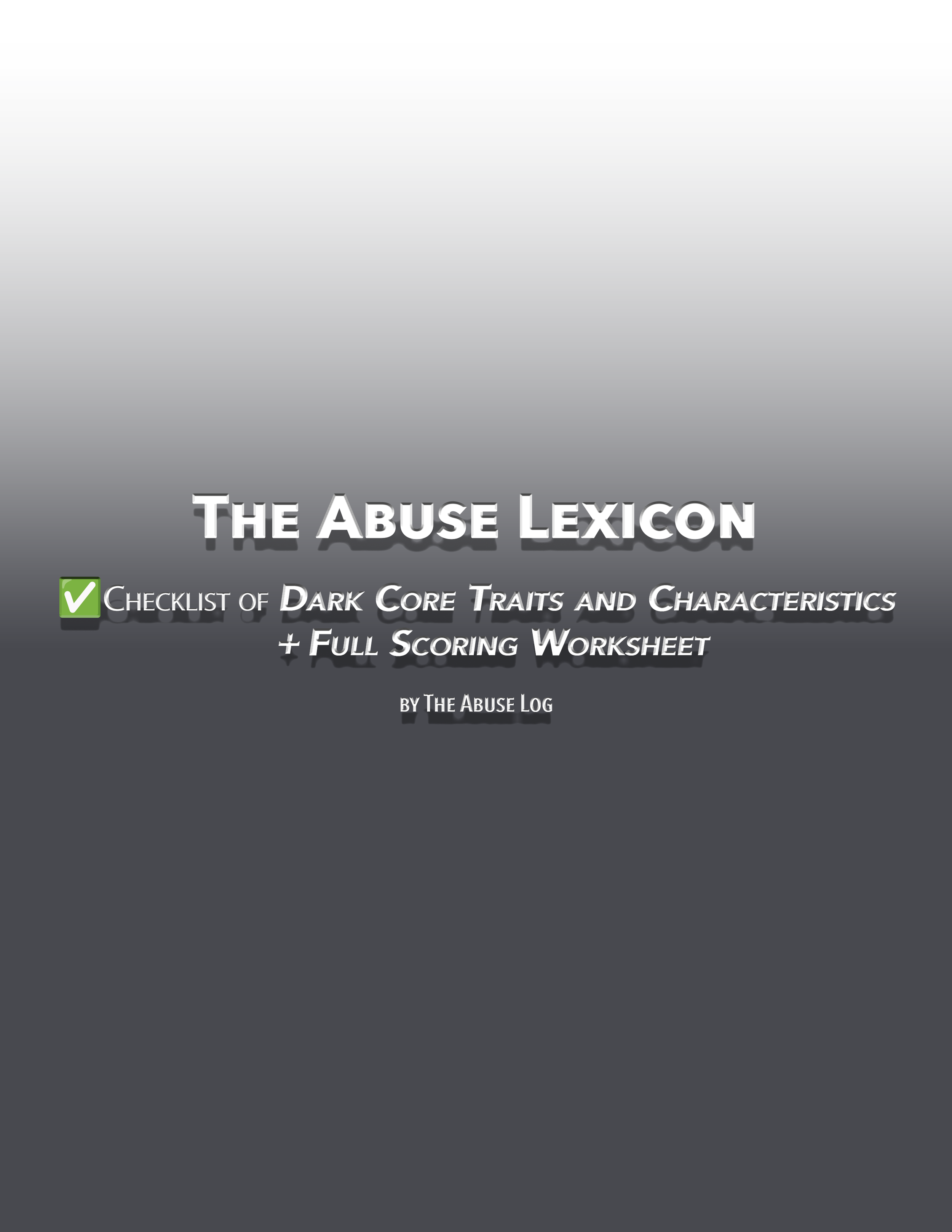


![The Abuse Log Notion Template [Basic]](https://images.squarespace-cdn.com/content/v1/65b9553c448d7e5b0ec1dfcd/4c83e581-b720-4cbe-83b1-2d72e7a9ac8a/Logo+Gumroad-Basic.png)
![The Abuse Log Notion Template [Advanced]](https://images.squarespace-cdn.com/content/v1/65b9553c448d7e5b0ec1dfcd/c3bb150a-a911-4f91-a23e-3621b98a2d55/Logo+GumroadAdvanced.png)
![The Abuse Log Notion Template [Professional]](https://images.squarespace-cdn.com/content/v1/65b9553c448d7e5b0ec1dfcd/7fa18cea-edf4-4325-8234-13f3527579c2/Logo+GumroadProfessional.png)






